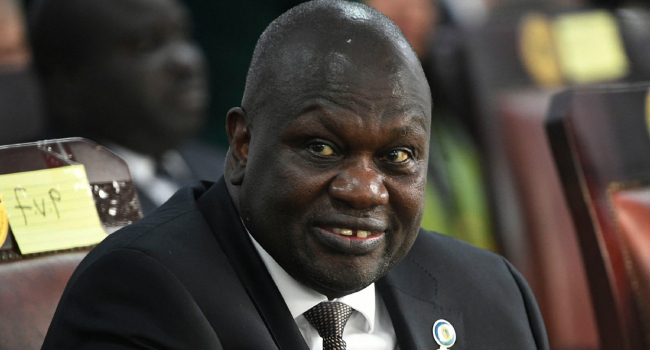South Sudan’s government has been accused of stealing billions of dollars in oil revenue since gaining independence in 2011, according to a recent United Nations report. The report, released by the Commission on Human Rights in South Sudan, reveals that the government received $25.2 billion in oil inflows between 2011 and 2024, yet hardly any of this money has been allocated to essential services such as healthcare and education.
Yasmin Sooka, chair of the commission, stated that the report “tells the story of the plundering of a nation,” which has led to widespread hunger, collapsing health systems, and preventable deaths. The report also notes that this corruption has fueled deadly armed conflicts over resources. The commission’s findings indicate systemic government corruption and brazen predation, including in the “Oil for Roads” program, which was intended to be a flagship development scheme.
The “Oil for Roads” program received $2.2 billion in funding between 2021 and 2024, with $1.7 billion unaccounted for. The report alleges that the money was funneled through construction companies owned by Benjamin Bol Mel, a vice-president who has risen quickly through the political ranks and is considered a likely successor to President Salva Kiir. The commission’s member, Carlos Castresana Fernandez, emphasized that the diversion of funds has real-life consequences, resulting in preventable deaths, widespread malnutrition, and mass exclusion from education.
The South Sudanese government has responded to the report, accusing the commission of relying on “unverified information” from journalists, civil society groups, and UN agencies. However, the report’s findings come at a critical time, as a power-sharing deal between Kiir and his long-time rival, Riek Machar, is unraveling, threatening to plunge the country back into civil war. Machar was recently charged with treason and crimes against humanity, and his supporters have called for armed mobilization to carry out “regime change.”
The situation in South Sudan highlights the need for its international partners to take a firm stance against corruption and ensure that the country’s resources are used to benefit its people. As the commission’s report makes clear, the consequences of inaction will be devastating, with far-reaching impacts on the country’s most vulnerable populations. The international community must prioritize transparency, accountability, and the protection of human rights in South Sudan to prevent further instability and suffering.
